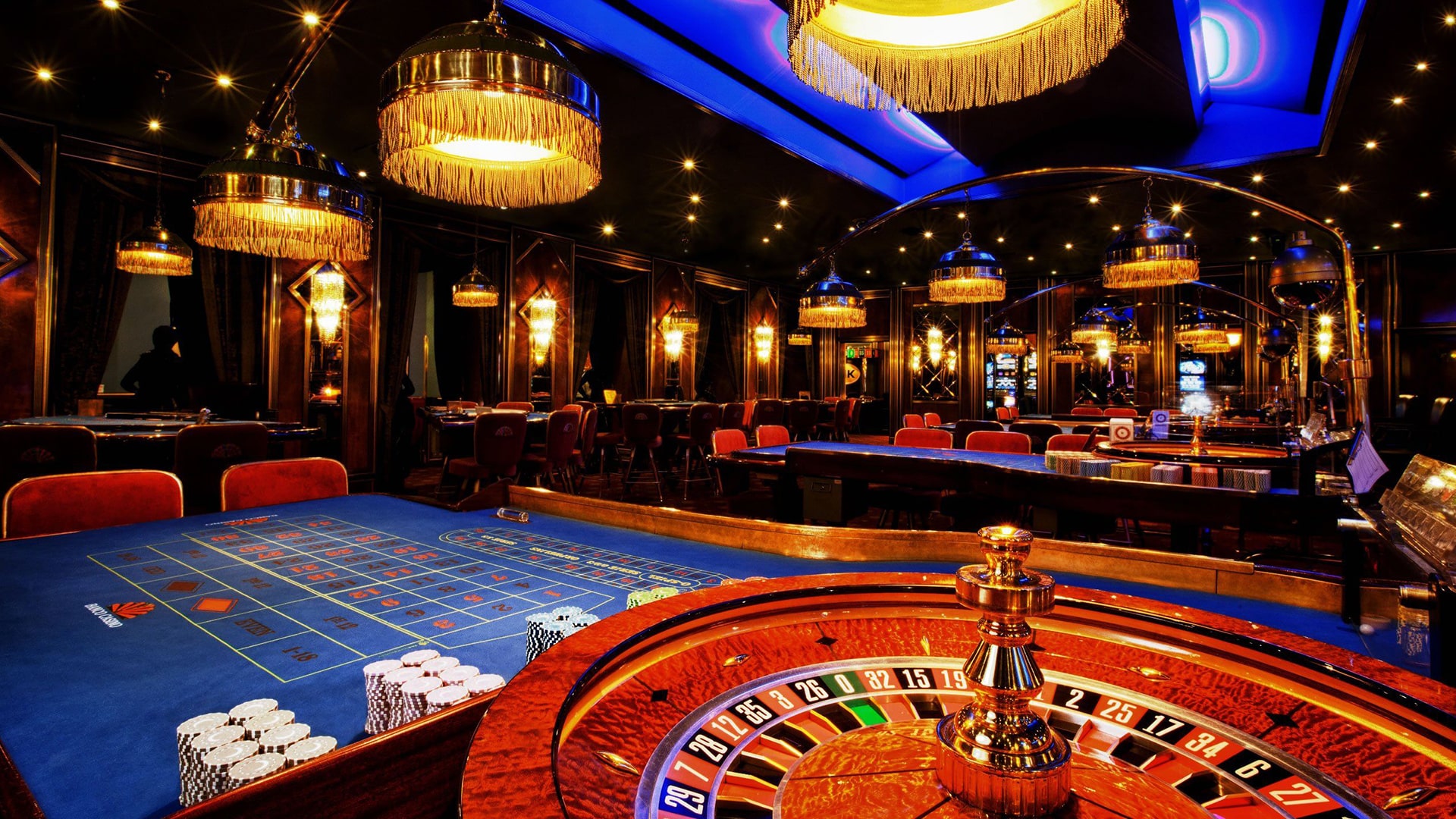
In the dynamic world of betting, casino games have long captured the interest of gamblers around the globe. These activities, ranging from traditional card options like Texas Hold’em to the rotating reels of fruit machines, offer an captivating blend of luck and strategy. While fortune undeniably plays a important role in determining outcomes, the significance of expertise in many casino options cannot be overlooked. Understanding how skill affects the game can enhance not only a gambler’s enjoyment but also their chances of winning.
As we dig into the dynamics of casino games, it becomes apparent that some need a solid grounding of knowledge and strategy. Activities like blackjack demand more than simple fortune; they require analytical thinking, emotional insight, and tactical decision-making. In comparison, other games, such as the roulette wheel and slots, are primarily based on chance, allowing participants to rely solely on luck. This difference raises thought-provoking questions about what truly drives victory in the world of gambling and how a participant’s competences can sway the outcome in their advantage.
Understanding Expertise vs. Luck within Gambling Activities
Within the world of casino games, the debate between skill and luck is a long-standing one. Several games are frequently categorized into two categories: those that depend predominantly on chance, such as slot machines and roulette, and those where skill plays a crucial role, like the game of poker and blackjack. The distinction is crucial because it influences not only gameplay strategies but also the approach players adopt when engaging with these games. While luck can play a decisive role in the short term, skilled players can improve their chances of winning over the extended period in skill-based games.
Skill-based games, particularly poker, demand players to understand probability, human behavior, and game strategies. A seasoned poker player can analyze rivals, make strategic bets, and know when to fold, all of which can lead to greater successful outcomes. On the other hand, in games that are purely based on chance, no amount of skill can alter the odds. This means that while a player may win big in one session, their success may often be subject to the vagaries of chance results rather than any tactical expertise.
Ultimately, both skill and luck coexist in the world of casino games, forming a dynamic environment for players. Although games of chance can provide thrill and instant gratification, proficiency and strategy in skill-based games offer a deeper level of engagement for those willing to dedicate time in honing their craft. This interaction between skill and luck defines the journeys of players and influences their relationship with the games they choose to play.
The Impact of Expertise on Casino Results
In the realm of casino games, proficiency plays a significant role in determining the outcomes, especially in games where tactics and choices are essential. For instance, in poker, competitors must assess opponents, calculate odds, and make calculated bets to maximize their chances of succeeding. Unlike activities that rely purely on luck, such as slot machines or the roulette wheel, this game demands an understanding of both the game mechanics and the psychology of other players, making skill a critical component of success.
Additional skill-based activities, like the game of blackjack, also underscore the importance of player expertise. non UK registered casinos Understanding of basic tactics, card counting, and when to hit or stand can dramatically influence the house edge. A proficient blackjack player can reduce this edge and improve their chances of winning significantly. This contrasts sharply with games that do not allow for such strategic play, demonstrating how the level of expertise influences the potential for favorable outcomes.
Additionally, even within games considered primarily luck-based, like the game of craps, the decisions made by players can influence their overall success. Choosing the right bets, understanding the likelihoods of different outcomes, and controlling one’s bankroll are essential aspects that can enhance a player’s experience and results. Thus, while luck remains a factor in gambling, ability can significantly affect how efficiently participants navigate these environments, leading to more favorable outcomes.
Tactics for Proficient Play in Casinos
To excel in gambling games, players must develop a strong grasp of the rules and odds involved in every game. This foundational knowledge enables individuals to make informed choices, especially in skill-based games like poker and blackjack. Getting familiar oneself with game strategies, such as card counting in blackjack or recognizing wagering trends in poker, can significantly enhance a player’s odds of winning. Rehearsing these strategies through practice games or low-risk games allows players to improve their skills without risking substantial amounts of cash at stake.
A further key approach is bankroll management. Players should establish a budget before entering the casino and adhere to it faithfully. This involves deciding how much they are prepared to lose and imposing restrictions on how much they will bet in every gaming session. By keeping a disciplined approach to gambling, players can sustain their play and reduce the chance of major losses. Additionally, pausing can help preserve a clear mind and prevent rash decisions that often lead to unfavorable outcomes.
In conclusion, managing emotions is essential in the intense environment of a casino. Players must learn to manage their emotions, particularly during periods of success or defeats runs. Staying focused and not letting emotions influence gameplay can lead to more sound decisions. Methods such as taking deep breaths or walking away from the table during heated moments can help maintain composure. By cultivating a balanced state of mind, players can approach gambling games with confidence and skill, ultimately improving their complete experience and outcomes.

